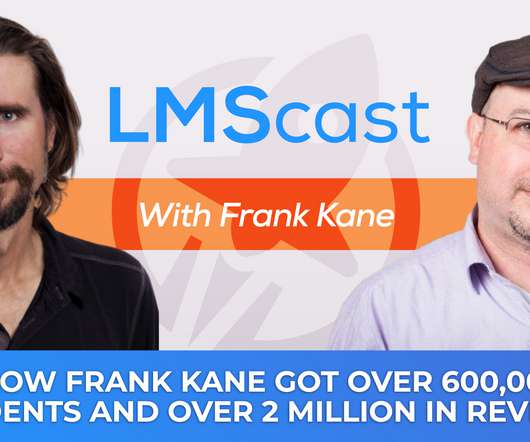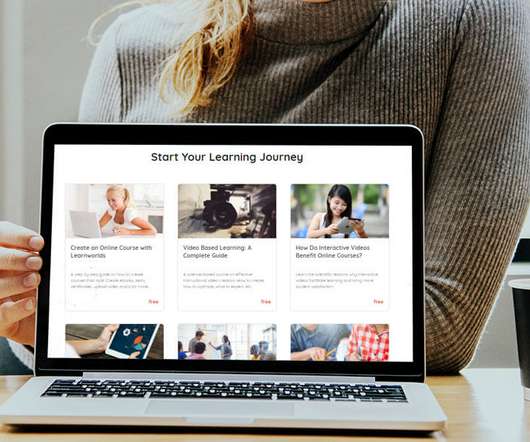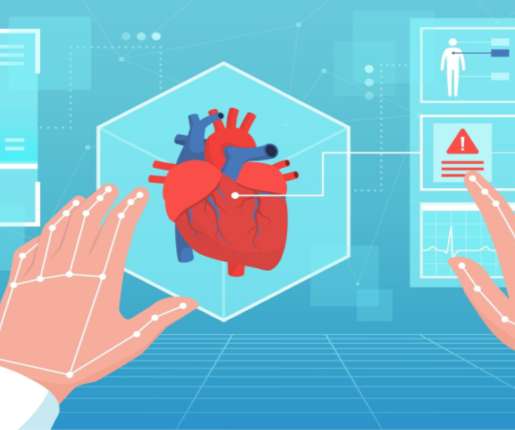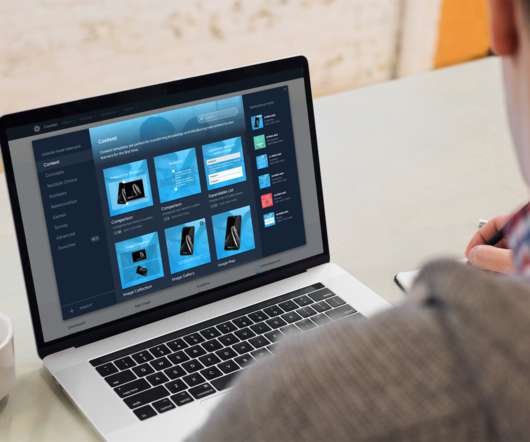Digital Learning from the Perspective of Affective and Social Neuroscience
KnowledgeOne
FEBRUARY 22, 2024
Are you likely to interact with your computer as if you were social partners, as you would with your peers in a traditional classroom? In light of the latest findings in social and emotional neuroscience, it seems quite plausible. ” Emotional and social neuroscience on learning First, a word about neuroscience.








































Let's personalize your content